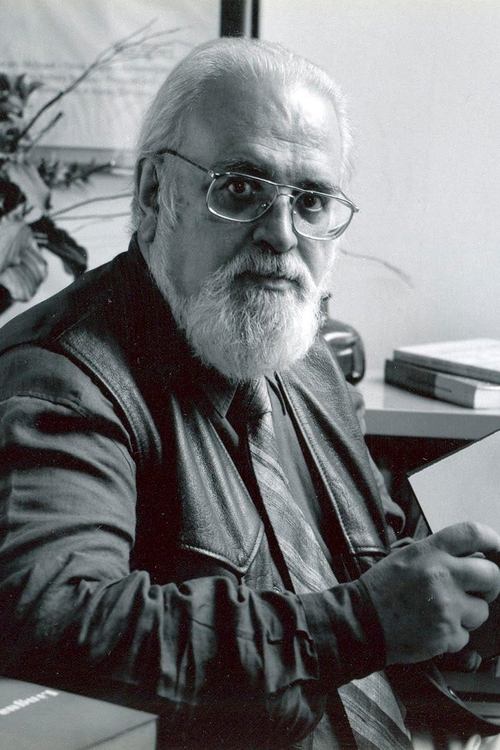
Haroldo Eurico Browne de Campos (São Paulo, August 19, 1929 - São Paulo, August 16, 2003) was a Brazilian baroque poet and translator. Haroldo studied at Colégio São Bento, where he learned his first foreign languages, such as Latin, English, Spanish and French. He entered the Faculty of Law at the University of São Paulo at the end of the 1940s and released his first book, O Auto do Possesso, in...
Explore all movies appearances
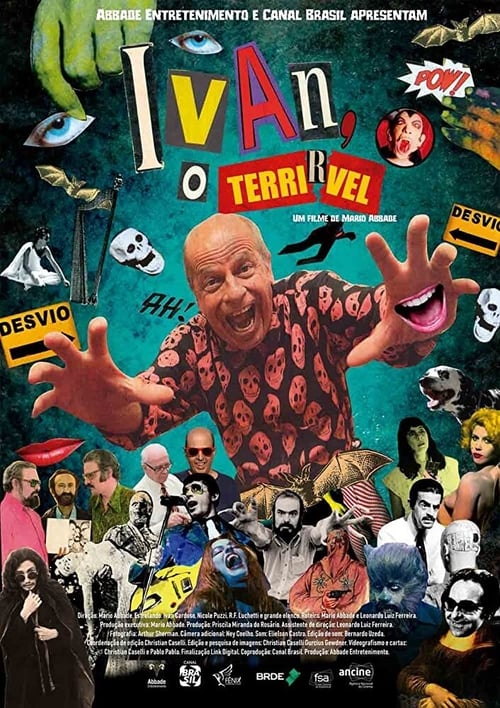
Ivan Cardoso is the inventor of the terrir, a subgenre that mixes comedy, Brazilian chanchadas and classic American horror. This film promotes a rescue of his work by mixing archival material, animations and fictional reconstructions.
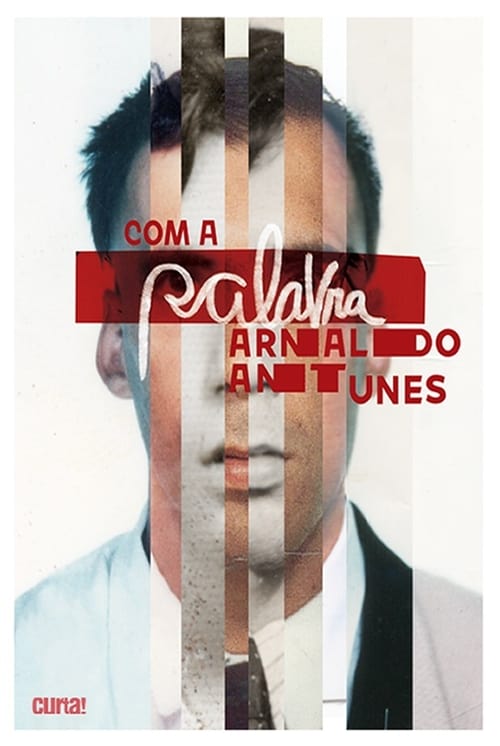
From his origins as a poet to his success as a singer and composer, Arnaldo Antunes revisits the most remarkable moments of his career.
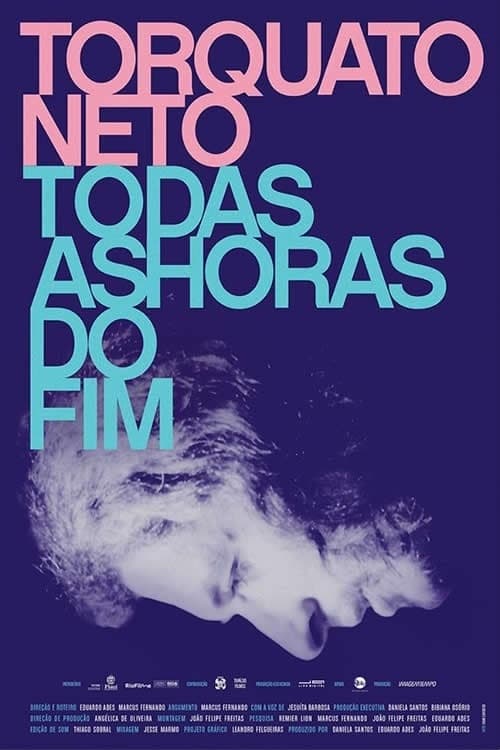
The story of Brazilian poet Torquato Neto, who lived passionately through fracturous times and worked in several fields, including music, journalism, and cinema. He was an active participant in the revolution of Tropicália and marginal art, which changed the course of Brazilian culture in the 1960s and 1970s, until he committed suicide on his 28th birthday.
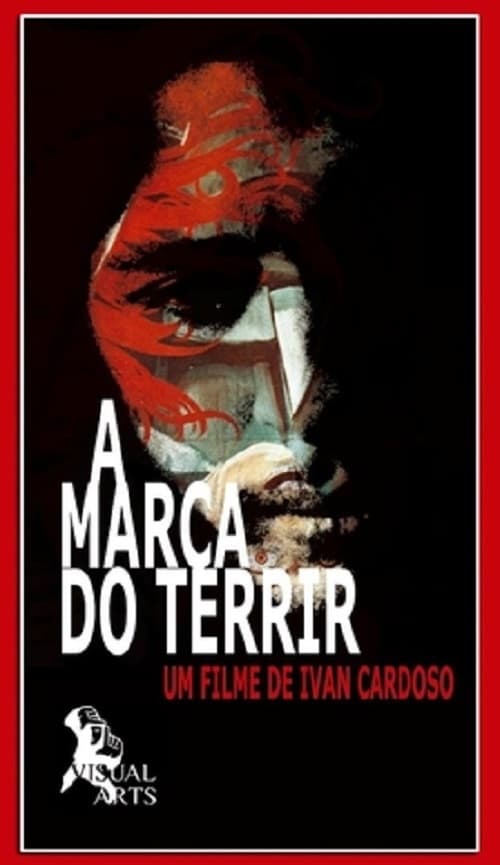
Compilation of early Ivan Cardoso's films in Super 8, including "Nosferato no Brasil (Nosferato in Brazil)"
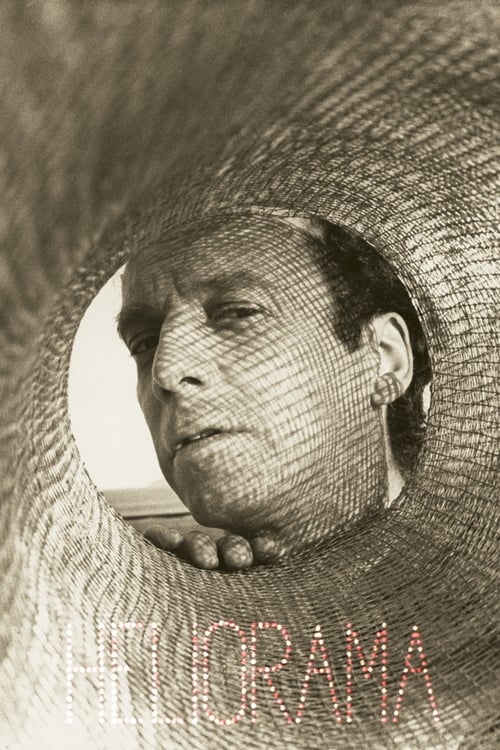
A collage of newsreels, trailers, clips and other visionary and unseen fragments of sight and sound regarding the late plastic artist Helio Oititica.
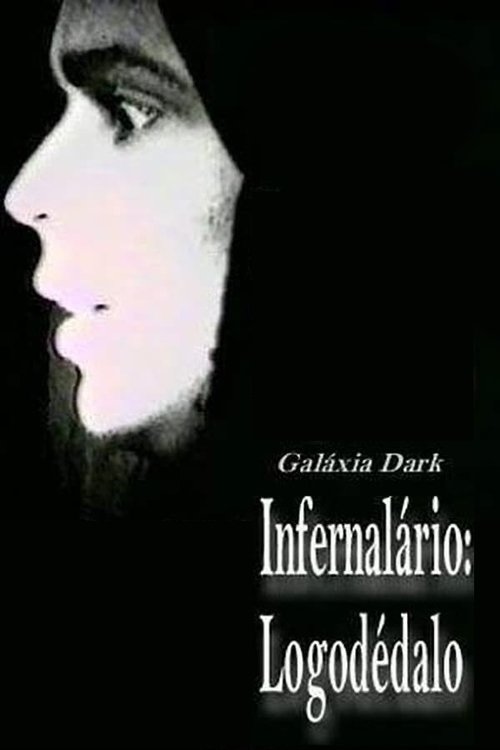
"They are combinations of fragments. There are no stories, it is possible to mount these fragments in many ways. »Cine-eye or cine-voice-eye. The text of the Galaxies goes straight to the image. »A text rewritten for the eye» (H. de Campos). A short film that is more than experimental and that is based on a dark aesthetic that takes from the work of poet Haroldo de Campos its "dark matter" to combine it with the filmmaker's rarefied images and the puppet-like markings of actresses Bete Coelho and Mariana de Moraes.

No plot available for this movie.
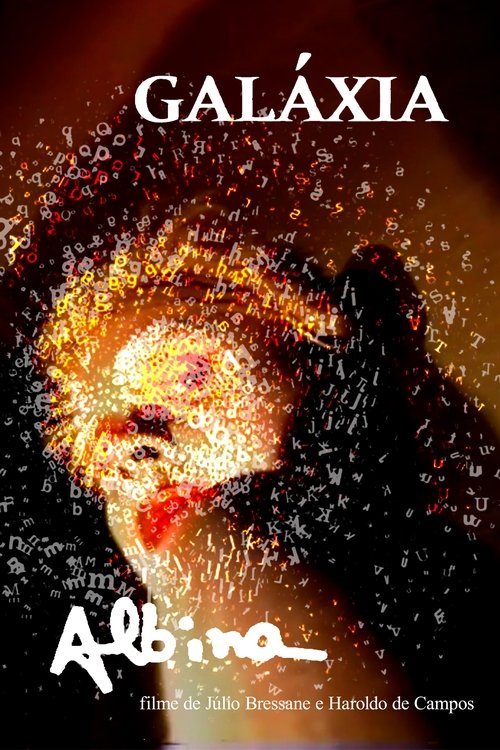
A liberal interpretation of the book Galáxias, one of the most important works by the great contemporary Brazilian poet Haroldo de Campos, written between 1963 and 1976 and published in 1986. Bressane considers this work of poetry the Portuguese Finnegan's Wake. The video is a disorganized system of images: an exploration of colors, quotes and sudden inspirations created by the words. A sequence of epiphanies, rigorous in their images. The films cited act as cinematographic scenery, conferring a sense of drama to the movements of the actresses and the readings of the poems.

No plot available for this movie.

Based upon the life story of Father Antonio Vieira, born in Lisbon in 1608 and deceased in Salvador, Bahia, in 1697. He's considered the first Brazilian writer and one of the most important aesthete of linguistic and of the Portuguese language of all times, a master in the art of metaphor, of verbal relations and analogy. He was persecuted and condemned by the Portuguese Court of Inquisition due to his position against native slavery, against the intolerance to the Jewish people and to the colonial politics of exploration.
Subscribe for exclusive insights on movies, TV shows, and games! Get top picks, fascinating facts, in-depth analysis, and more delivered straight to your inbox.